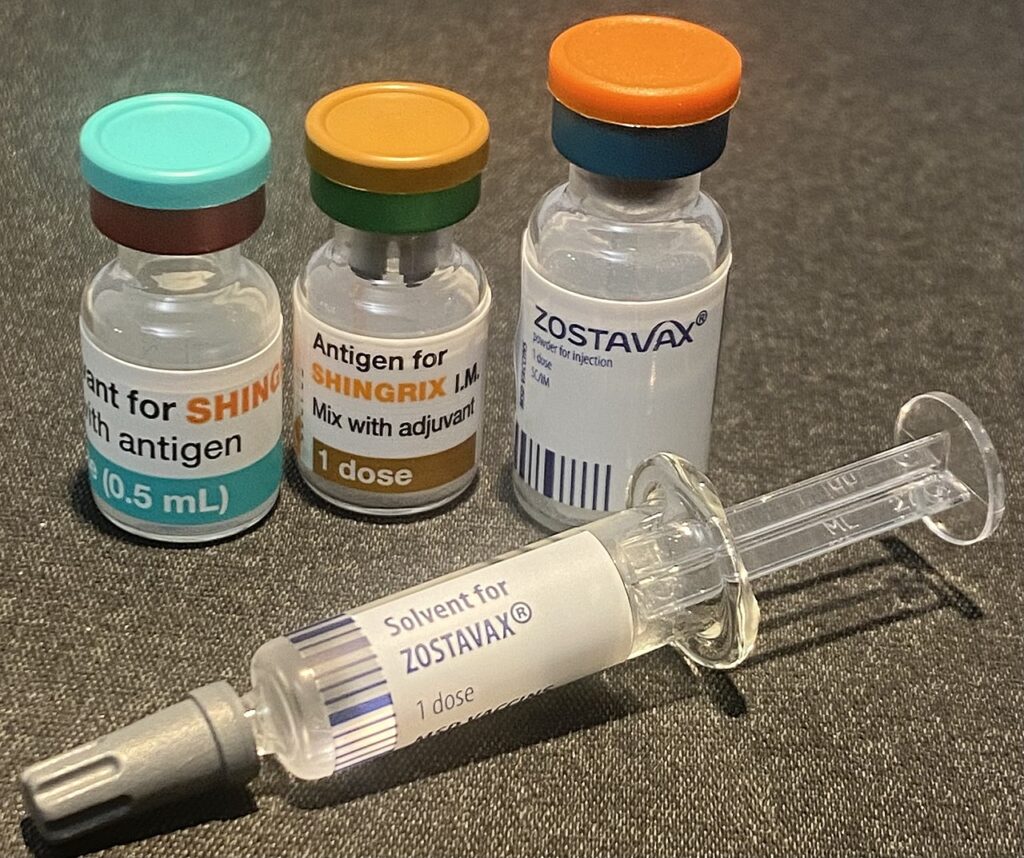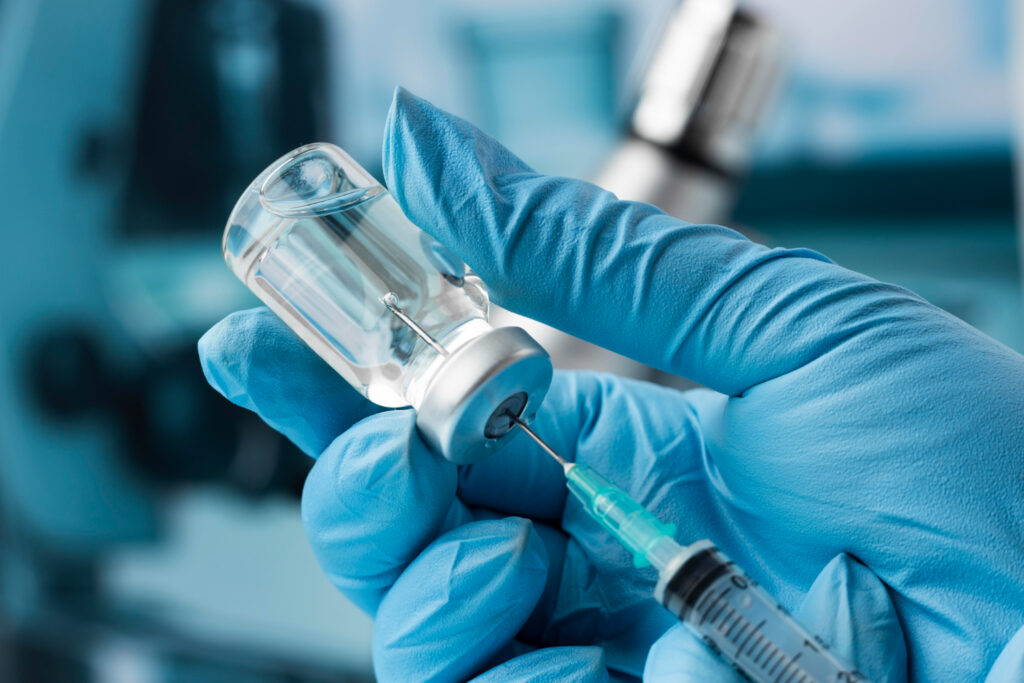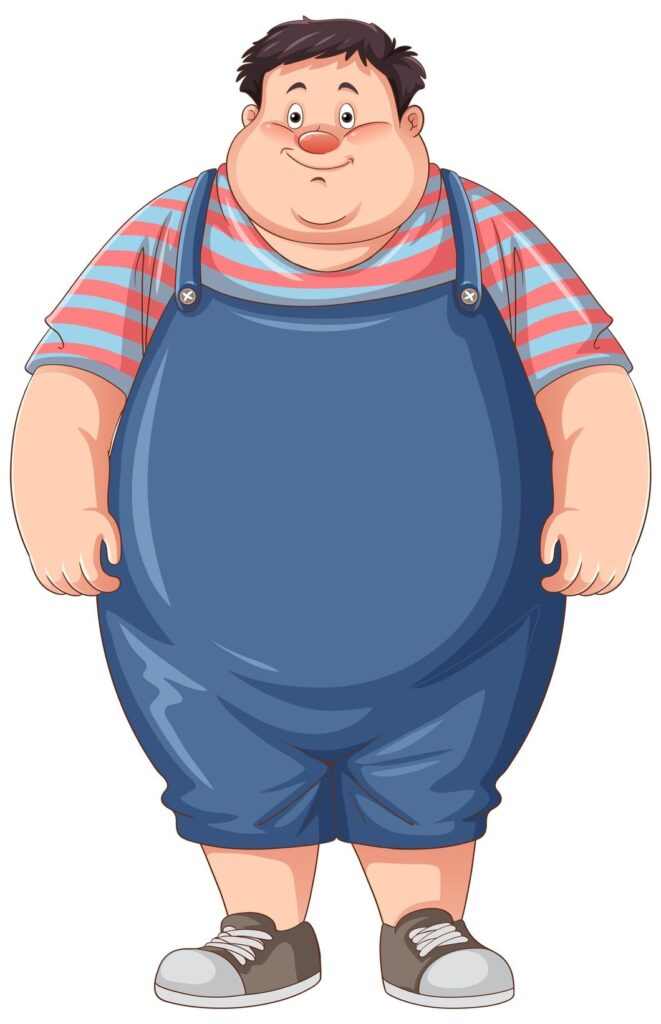Shingles Vaccine;

Overview
Shingles, also known as herpes zoster, is a painful viral infection caused by the varicella-zoster virus, the same virus that causes chickenpox. Fortunately, there’s a vaccine available to prevent shingles and its complications.
What is the Shingles Vaccine?
The shingles vaccine, also called the herpes zoster vaccine (HZ Vaccine), helps prevent shingles by boosting the immune system’s response to the virus. It contains a weakened form of the varicella-zoster virus.
How Does Shingles vaccine Work?
The vaccine works by stimulating the body’s immune system to produce antibodies against the varicella-zoster virus. These antibodies help protect against shingles by preventing the virus from reactivating in the body.
Understanding Shingles Vaccine
Shingles, caused by the varicella-zoster virus, is a painful rash that often appears as a single stripe of blisters on the torso. The virus responsible for shingles is the same one that causes chickenpox. After a person recovers from chickenpox, the virus remains dormant in the body and can reactivate years later, causing shingles.
How Does the Shingles Vaccine Work?
The shingles vaccine works by boosting the body’s immune response against the varicella-zoster virus, thereby reducing the risk of developing shingles or experiencing severe symptoms if the virus does reactivate.
1. Introduction to the Shingles Vaccine:
- The shingles vaccine is a preventative measure against the reactivation of the varicella-zoster virus.
2. Components of the Vaccine:
- The vaccine contains a weakened form of the varicella-zoster virus, stimulating the immune system without causing illness.
3. Stimulating Immunity:
- Once the vaccine is administered, the body recognizes the weakened virus as a threat and mounts an immune response.
4. Memory Cells Formation:
- Memory cells are created, enabling the immune system to recognize and respond quickly if it encounters the virus in the future.
How Does the Shingles Vaccine Confer Protection?
- Preventing Shingles: By priming the immune system to recognize and fight the virus, the vaccine reduces the likelihood of developing shingles.
- Reducing Severity of Symptoms: Even if a vaccinated individual still develops shingles, the vaccine can lessen the severity and duration of the illness.
Benefits of the Shingles Vaccine
- Decreased Risk of Complications: By preventing shingles or reducing its severity, the vaccine helps lower the risk of complications such as postherpetic neuralgia, a painful condition that can persist after the rash has cleared.
- Protection for Vulnerable Populations: The vaccine is particularly beneficial for older adults and individuals with weakened immune systems who are at higher risk of developing shingles and experiencing severe complications.
Doses
The shingles vaccine is typically given in two doses, with the second dose administered 2 to 6 months after the first dose. It’s important to complete the full series for maximum effectiveness.
The shingles vaccine is administered in two doses for optimal effectiveness in preventing shingles and reducing its severity.
Primary Dose:
- Initial Vaccination: The first dose of the shingles vaccine is typically administered to individuals aged 50 years or older.
- Timing: The primary dose is given as a single injection to prime the immune system against the varicella-zoster virus.
1. Importance of the Primary Dose:
- The primary dose establishes a foundation of immunity against shingles, preparing the immune system to recognize and respond to the virus.
2. Efficacy of the Primary Dose:
- Studies have shown that the primary dose provides significant protection against shingles, reducing the risk of illness and complications associated with the virus.
Booster Dose:
- Purpose: The booster dose is administered to reinforce and prolong the immune response initiated by the primary dose.
- Timing: The second dose of the shingles vaccine is typically given 2 to 6 months after the primary dose.
1. Enhancing Immunity:
- The booster dose strengthens the immune response initiated by the primary dose, ensuring long-lasting protection against shingles.
2. Maximizing Effectiveness:
- Studies have shown that the two-dose regimen significantly improves the vaccine’s effectiveness in preventing shingles and reducing its severity compared to a single dose.
Recommended Schedule:
- CDC Guidelines: According to the Centers for Disease Control and Prevention (CDC), individuals aged 50 years and older should receive two doses of the shingles vaccine, separated by 2 to 6 months.
- Consultation with Healthcare Provider: It is essential for individuals to consult with their healthcare provider to determine the most suitable vaccination schedule based on their age, health status, and medical history.
Who Should Get Shingles Vaccine?
- Adults Over 50: The Centers for Disease Control and Prevention (CDC) recommends the shingles or HZ vaccine for adults aged 50 and older.
- Individuals with Weakened Immune Systems: People with weakened immune systems due to conditions such as HIV/AIDS or cancer may benefit from the vaccine under the guidance of a healthcare provider.
Who Should Avoid it?
- Pregnant Women: The shingles or HZ vaccine is not recommended for pregnant women, as it contains live virus.
- Individuals Allergic to Vaccine Components: People who have had a severe allergic reaction to any component of the shingles / HZ vaccine should avoid it.
Side Effects:
While the shingles vaccine is generally safe and effective, like any vaccine, it can cause side effects in some individuals.
Common Side Effects
- Pain at the Injection Site: Soreness, redness, or swelling at the injection site is one of the most common side effects reported after receiving the shingles vaccine.
- Headache: Some individuals may experience mild to moderate headaches after vaccination. These headaches typically resolve on their own within a few days.
1. Frequency of Side Effects:
- Most side effects of the shingles vaccine are mild and temporary, resolving within a few days without any specific treatment.
2. Duration of Side Effects:
- Side effects such as pain at the injection site, headache, or fatigue usually last for a day or two and diminish on their own.
Less Common Side Effects
- Fatigue: Feeling tired or lethargic after receiving the shingles vaccine is another less common side effect reported by some individuals.
- Muscle Pain: Some individuals may experience muscle aches or soreness following vaccination, which typically resolve without medical intervention.
Monitoring for Adverse Reactions:
- While less common, it’s essential to monitor for any signs of severe allergic reactions or unusual symptoms after vaccination.
Reporting Side Effects:
- Individuals who experience significant or persistent side effects after receiving the shingles vaccine should report them to their healthcare provider or local health department.
Rare Side Effects
- Allergic Reactions: Severe allergic reactions to the shingles vaccine, though rare, can occur. Signs of an allergic reaction include difficulty breathing, swelling of the face or throat, and hives.
- Guillain-Barré Syndrome (GBS): In very rare cases, the shingles vaccine has been associated with an increased risk of Guillain-Barré Syndrome, a rare neurological disorder.
Precautions for Rare Side Effects:
- While the risk of severe allergic reactions and Guillain-Barré Syndrome is extremely low, individuals with a history of severe allergic reactions or GBS should discuss the risks and benefits of the shingles vaccine with their healthcare provider.
Vaccine Safety Monitoring:
- Continuous monitoring of vaccine safety by health authorities helps identify and address any rare or unexpected side effects associated with the shingles vaccine.
Cost
The cost of the shingles vaccine varies depending on factors such as location and healthcare provider. However, many insurance plans cover the cost of the vaccine for eligible individuals. Additionally, programs like the Vaccines for Children (VFC) program may provide free or low-cost vaccines for eligible children and adults.
FAQs on Shingles Vaccine:
1. How Long After Shingles Vaccine Are You Contagious?
After receiving the shingles vaccine, you are not contagious. The vaccine contains a weakened form of the virus, so it cannot cause shingles or spread to others.
2. How Often Do You Need to Get the Shingles Vaccine?
The CDC recommends getting the shingles vaccine once as two doses, separated by 2 to 6 months. There’s currently no recommendation for routine revaccination.
3. What Age is Shingles Vaccine Free?
The shingles vaccine is typically recommended for adults aged 50 and older. Depending on your location and healthcare provider, it may be available for free or at a reduced cost through government programs or insurance coverage.
4. Does Medicare Cover Shingles Vaccine?
Yes, Medicare Part D typically covers the shingles vaccine. However, coverage may vary depending on your specific plan. It’s best to check with your Medicare provider for details on coverage and any associated costs.
5. How Long Does Shingles Vaccine Last?
The shingles vaccine provides protection against shingles for at least 5 years after vaccination. Studies have shown that the vaccine’s effectiveness may decrease over time, but it still offers some protection against the virus.
6. How Often Do You Get Shingles Vaccine?
The shingles vaccine is given as a two-dose series, with the second dose administered 2 to 6 months after the first dose. There’s currently no recommendation for routine revaccination beyond the initial two-dose series.
7. Where to Get Shingles Vaccine?
You can get the shingles vaccine at various healthcare providers, including doctors’ offices, pharmacies, and clinics. It’s best to check with your healthcare provider or local health department for availability and to schedule an appointment.
Read more :

